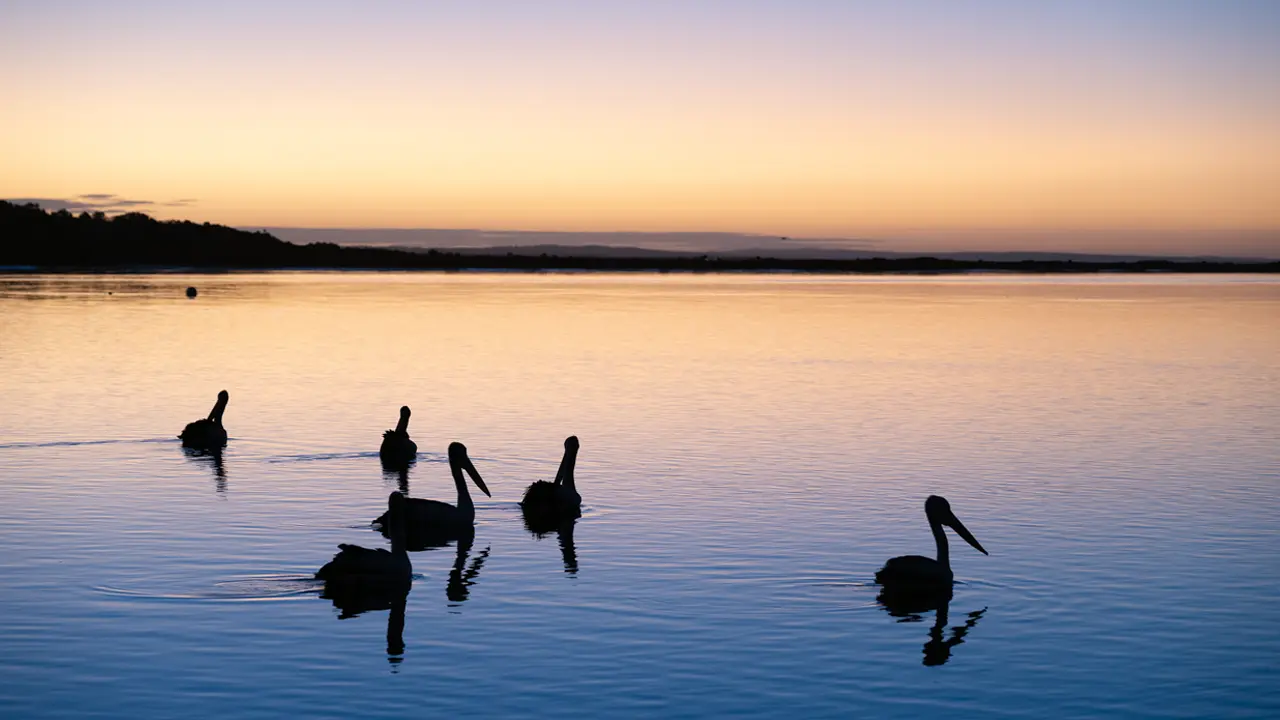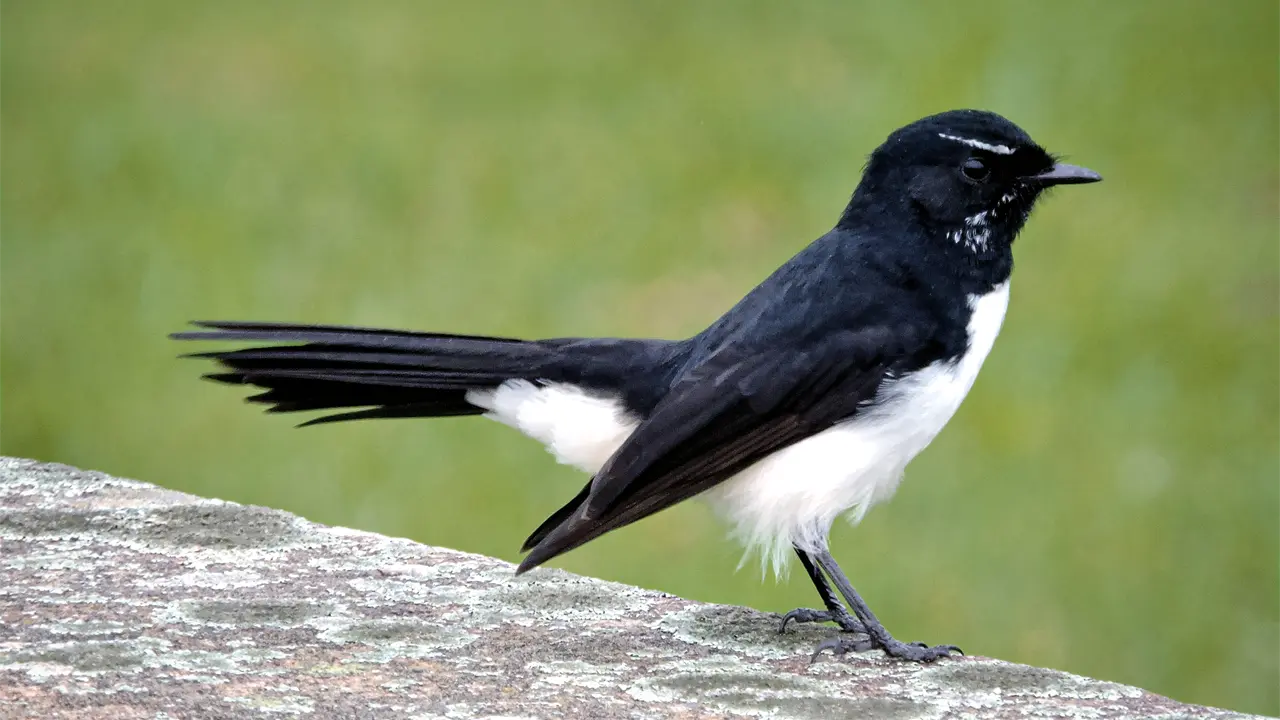Long-time zookeeper Kevin Milton spends his working days keeping the animals of the Western Plains Zoo happy.
Story By Nick Cook
The first task of the day for Kevin Milton is to join the search for a missing corn snake. It’s just another morning for the zookeeper at Dubbo’s Taronga Western Plains Zoo, in central New South Wales. Kev’s appearance and demeanour make him the kind of bloke you could imagine on almost any work site across regional Australia. He has a laconic sense of humour and a seemingly endless supply of anecdotes, which he shares freely as he goes about his duties as a zookeeper.
When Kev arrives at the zoo’s education centre, where the snake escaped, fellow keeper Janelle Webster is standing in the middle of a classroom lined with small creatures in glass containers. She’s looking more than a little frustrated, but Kev is unperturbed. “How was your weekend?” he grins at her. “Don’t even ask,” she answers with the embarrassed resignation of somebody in a situation that isn’t their fault but for which they feel responsible.
The missing snake is no great disaster. It’s harmless to people and more than likely still hiding somewhere inside the building. The greatest concern is for its own welfare, as it has been in captivity its entire life and probably doesn’t have the hunting skills it needs to survive in the wild. Other members of the reptile family look on from behind their glass partitions with impassive eyes as Kev helps look for the fugitive. The search is fruitless but Kev is confident it will turn up. Offering Janelle a few cheerful words of encouragement, he leaves to continue his rounds.
Today Kev is looking after Australian animals – various kangaroos and wallabies for the most part, as well as a pair of dingoes and a few smaller marsupials. The natives don’t get the same public attention as the lions and elephants, but they present a unique set of challenges and Kev says they are among his favourite to work with. For instance, he describes the emus, with no hint of hyperbole, as the “hardest animals in the world to manhandle”. Anaesthetic drugs often don’t work on emus, so to do anything with them, the keepers have to physically wrestle them to the ground. “We always dread when something goes wrong with them,” Kev says. “They thrash around so much it’s like jumping into a washing machine on spin cycle. They’re the only animals in the zoo who aren’t individually microchipped because we were just getting smashed.”
This story excerpt is from Issue #58
Outback Magazine: Apr/May 2008








